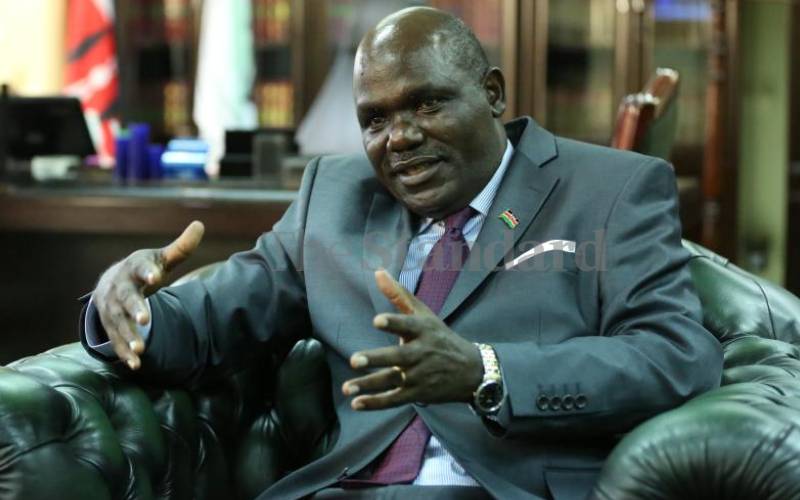×
The Standard e-Paper
Home To Bold Columnists

In August, IEBC declared that it will need Sh40.9 billion to conduct the 2022 polls. [Boniface Okendo, Standard]
Kenya still stands as one of the countries with the most expensive elections despite the struggling economy.